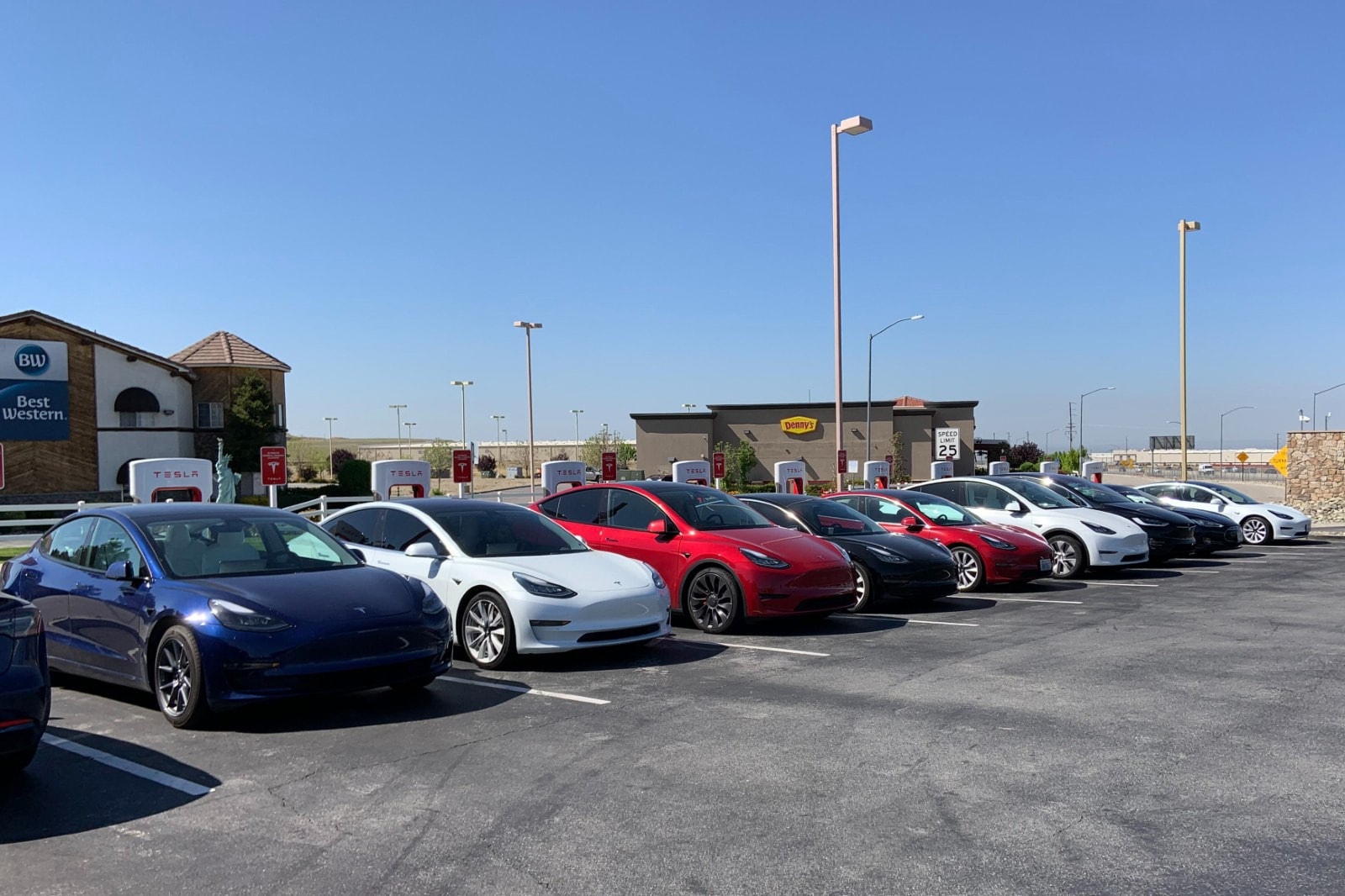A neat second-life application for used EV battery packs is at the Johan Cruijff Arena in Amsterdam where 148 used Nissan Leaf battery packs are used for backup power and supplemental energy. The above examples are just some of the various ways in which used EV battery packs are being repurposed. When the capacity of used battery packs is depleted during their second-life application, they can be recycled to help make new EV battery packs.
Recycling EV batteries
When EV battery packs can't be refurbished or repurposed or have served their second-life application, it's time to recycle them. As with repurposing, since most EV battery packs are still powering vehicles, recycling battery packs is done on a small scale for now. EV battery packs are very complex, and they contain various metals, a liquid electrolyte, circuitry, sensors and more. But what battery recyclers want are the metals, specifically lithium, cobalt and nickel. Those metals have considerable value and can be used to produce new EV batteries.
When EV batteries are manufactured, most of their metals are sourced from mining operations in foreign countries. In some cases, these countries have poor human rights records, or the mining operation negatively impacts the local environment. Reducing dependence on foreign countries is just one reason why the U.S. needs its own source of metals needed for EV battery production. Currently, battery recycling in North America doesn't produce enough raw materials for EV battery production, but the hope is that it will in time.
In a Wired article, Alissa Kendall, a professor of civil and environmental engineering at the University of California, Davis, said, "Recycled materials could supply more than half of the cobalt, lithium, and nickel in new batteries by 2040, even as EVs get more popular." If battery recycling provides a significant amount of the needed raw materials in the future, then it can also help reduce potential future supply shortages and help keep the price of raw materials from skyrocketing if there is a supply chain disruption.
There are other reasons why EV battery recycling is crucial. The Biden administration's recent Inflation Reduction Act of 2022 encourages sourcing raw materials from the U.S. or from a country that has a free-trade agreement with the U.S. If automakers want their EVs to qualify for the tax credit, then a certain percentage of the rare earth metals in the battery packs must come from the U.S. or a free-trade country. And battery recycling companies are among automakers' sources for the raw materials.
A more obvious reason is the need to keep battery packs out of landfills because they can leak hazardous materials into the ground and cause fires. The EPA states that lithium-ion batteries from small electronics caused more than 240 fires at 64 waste management facilities between 2013 and 2020.
EV battery recycling locations
According to Wired, most lithium-ion battery recycling is currently done in China, where 70% of lithium-ion batteries are made. However, the lithium-ion battery recycling industry is quickly growing in North America. Tesla's former CTO, JB Straubel, founded Redwood Materials, one of North America's largest lithium-ion battery recycling companies. According to Redwood Materials, the company will produce enough anode and cathode (components of battery cells) for 1 million EVs annually by 2025. The company says it recovered 1,268 battery packs from a one-year pilot program in California. Redwood Materials works with several automakers including Ford, Volvo, Volkswagen and Toyota.
Li-Cycle, a Canadian lithium-ion battery recycling company, is another major player in the industry. The company says it currently has four recycling facilities in North America that can process 51,000 tons of lithium-ion battery materials a year. A new facility will open this year in New York, and the company has plans to expand to Europe. According to the New York governor's office, Li-Cycle's "spoke" facilities break down batteries into a black mass consisting of lithium, cobalt and nickel. Then a "hub" facility will convert the black mass into battery-grade materials. Li-Cycle has partnered with many companies around the world including General Motors and LG Energy, one of the largest EV battery manufacturers in the world.




